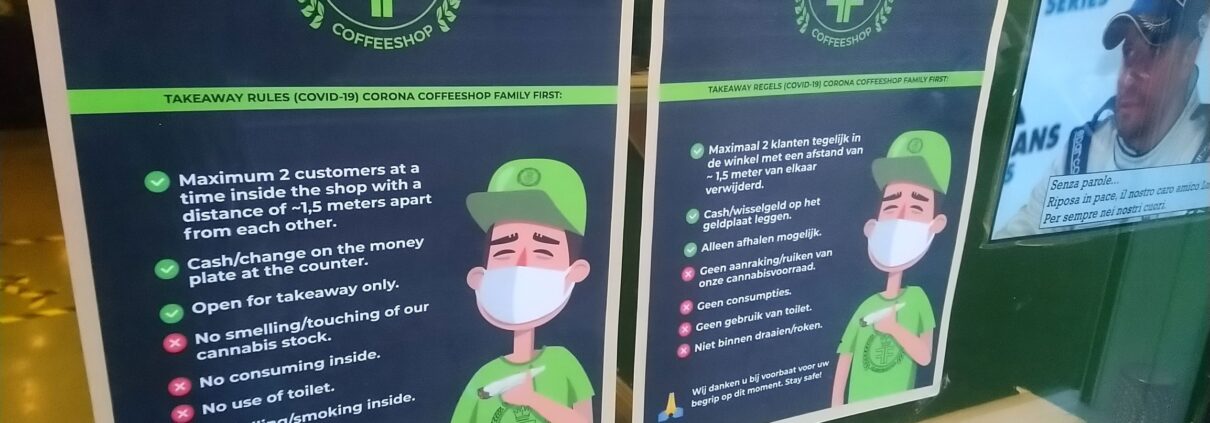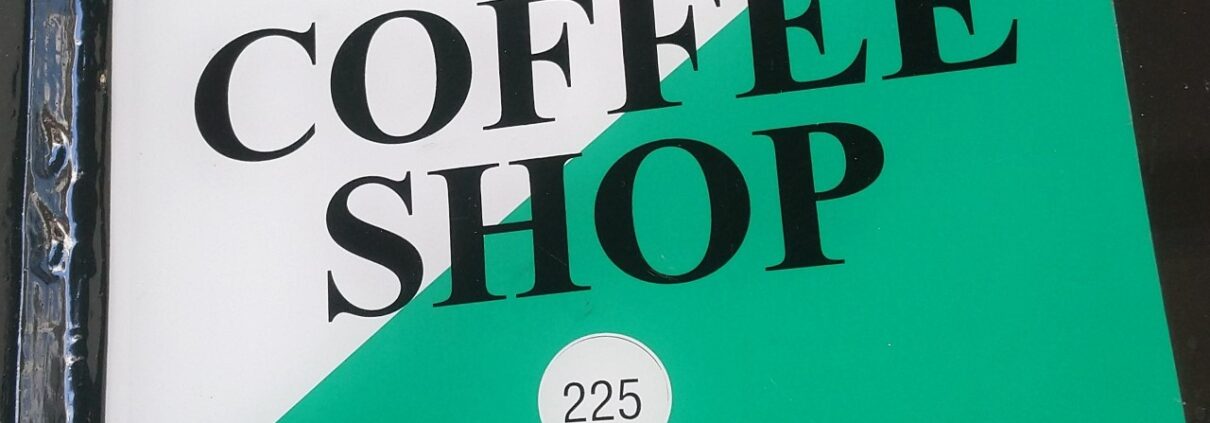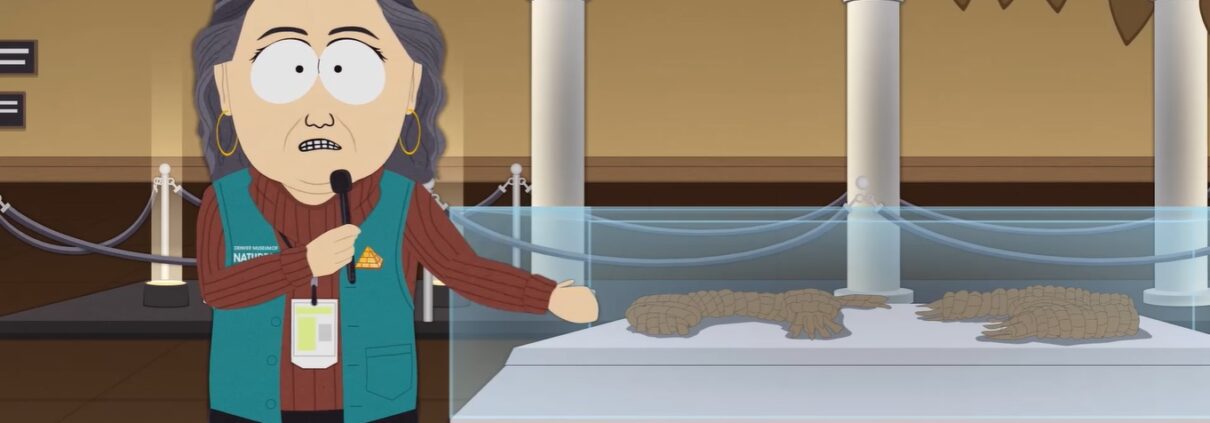As the Dutch government is relaxing more measures, Amsterdam is opening up for the summer and, moreover, coffeeshops will be allowed to stay open until 22:00.
Food and beverage outlets are allowed to open again between 06:00 and 22:00. A maximum of 4 people can sit at a table, which also applies to outdoor seating areas. In restaurants and eateries, a reservation, health check, and fixed seating are required. Self-service is not allowed. Entertainment such as live performances or video screens for sports matches is still also not allowed.
Buying alcohol is not allowed between 22:00 and 06:00. Previously, this ban went into effect two hours earlier at 20:00.
You can collect weed and hash from coffeeshops until 22:00. (Before June 5 coffeeshops were open until 20:00.)
Stores, museums, concert halls and more
All stores will reopen according to their regular opening hours. This means that late-night shopping is also allowed again.
Theaters, concert halls, cinemas, and museums can also open again from Saturday, June 5. For a museum, theater, or cinema visit, a reservation must be made, for a maximum of four people. There is an exception for children up to the age of twelve and persons of the same household. Here seats are also fixed, and a health check is done. At museums, a time slot will have to be chosen.
Indoor spaces in amusement, nature, and animal parks will also open again. A maximum of one person per 10 square meters or a maximum of fifty people per space at a distance of 1.5 meters applies.
(photo: Hempshopper)










